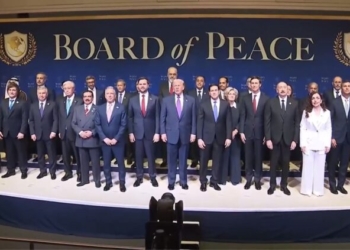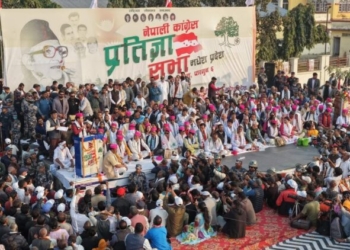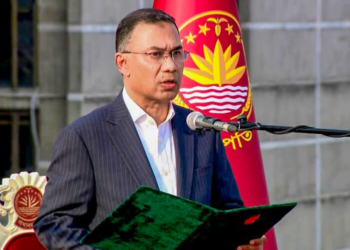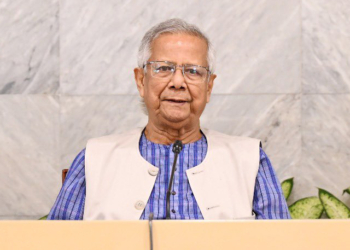New Delhi: Pakistan’s President Asif Ali Zardari has signed into law the Anti-Terrorism (Amendment) Bill, 2025, reviving sweeping state powers of preventive detention and triggering sharp debate over its impact on civil liberties and democratic space.
The legislation, passed earlier this month by both the National Assembly and Senate, restores expired provisions of the Anti-Terrorism Act (ATA) of 1997.
It authorises federal authorities—and even the armed forces acting under government orders—to detain individuals for up to three months without charges if suspected of threatening “national security” or “public safety”.
The Pakistan government has defended the amendment as a necessary tool to counter rising militancy, extortion rackets and kidnappings for ransom.
But rights groups and opposition leaders argue that its deliberately broad language risks legitimising arbitrary detentions and silencing dissent.
Analysts note that Pakistan’s counterterrorism laws have often been used beyond militant threats—ensnaring political activists, student groups, journalists and minority voices.
The broad definition of terrorism under the ATA, covering acts that “spread fear” or damage property, has blurred the line between genuine threats and political opposition.
One of the most contentious aspects of the 2025 amendment is its reliance on “preventive detention” based on “reasonable suspicion”.
“The most contentious element of the new bill is its reliance on ‘preventive detention’. Authorities can act on ‘credible information or reasonable suspicion’, terms that are both vague and elastic,” said a report by European Times.
While officials argue this enables pre-emptive disruption of terror plots, critics warn it opens the door to mass sweeps and further repression.
The bill also deepens concerns over militarisation by explicitly extending detention powers to the armed forces, reinforcing the military’s already dominant role in Pakistan’s political life.
Pakistan continues to battle violent groups including the Tehreek-e-Taliban Pakistan (TTP) and sectarian outfits.
“Entire communities, particularly ethnic and sectarian minorities, have historically borne the brunt of counterterrorism campaigns. From Baloch nationalists to Pashtun activists, marginalised groups already stigmatised as “security threats” are likely to be disproportionately targeted under the amendment,” the report added.
By enacting the law, reports argue, Zardari has reaffirmed a pattern in which security imperatives override civil rights—leaving ordinary Pakistanis more vulnerable to arbitrary power even as the state claims to shield them from terrorism.
(IANS)
















